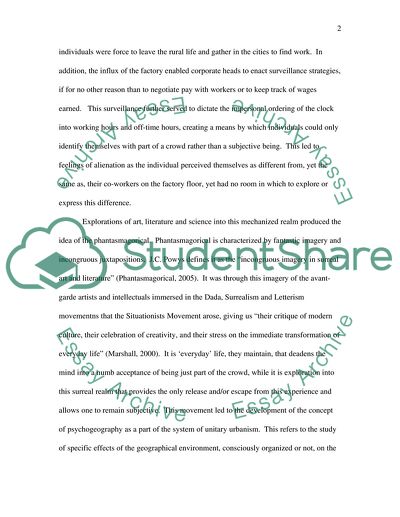Cite this document
(“The Themes of the Body and Physical Experience Characterise Classic Essay”, n.d.)
Retrieved from https://studentshare.org/geography/1535793-the-themes-of-the-body-and-physical-experience-characterise-classic-urban-theory
Retrieved from https://studentshare.org/geography/1535793-the-themes-of-the-body-and-physical-experience-characterise-classic-urban-theory
(The Themes of the Body and Physical Experience Characterise Classic Essay)
https://studentshare.org/geography/1535793-the-themes-of-the-body-and-physical-experience-characterise-classic-urban-theory.
https://studentshare.org/geography/1535793-the-themes-of-the-body-and-physical-experience-characterise-classic-urban-theory.
“The Themes of the Body and Physical Experience Characterise Classic Essay”, n.d. https://studentshare.org/geography/1535793-the-themes-of-the-body-and-physical-experience-characterise-classic-urban-theory.


